
The new tax year has started (6th April 2023) and if you’re anything like me, you still have some catching up to when it comes to tax and self assessments. It might seem like you have forever to submit your self assessment but you don’t want to end up leaving it to the last minute and risking a fine if you don’t get it in on time.
I took part in a webinar hosted by HMRC themselves on business expenses for the self employed so I thought I would write up some of what was shared and using my own experience (10+ years self employed) to specifically talk tax and expenses for Fitness Professionals.
I’m planning on writing a post for Bloggers too so if you do have any questions around that or any that I don’t cover here, please leave me a comment as there will be others who have the same question too!
So Let’s talk Expenses For Fitness Professionals
I think the number one question I’ve come across is “what is, and what isn’t allowed as an expense?”. I think the crucial point to remember for your tax return is they only ask for “allowable expenses” so this means being self employed will have plenty of expenses but not all are allowable and therefore claimable.
The general rule is that the goods and services you use in your business must be used 100% in your business in order to claim all the costs back. Alternatively if the goods and services are used privately as well then your costs much be apportioned between business and private use in a fair and reasonable way.
Example Expenses For Fitness Professionals
Some examples of expenses that might be apportioned as a Fitness Professional are:
- use of mobile phone (to play music, book clients, make calls)
- use of a car to travel to work
- use of a home computer (for invoicing, session planning)
- use of a home printer
Some examples of expenses used 100% as a Fitness Professional are:
- membership of Professional Bodies (such as CIMSPA)
- insurance (e.g Public Liability or Indemnity
- advertising (e.g Facebook adverts or printing of flyers)
- equipment purchased for online classes
- costs of renting space
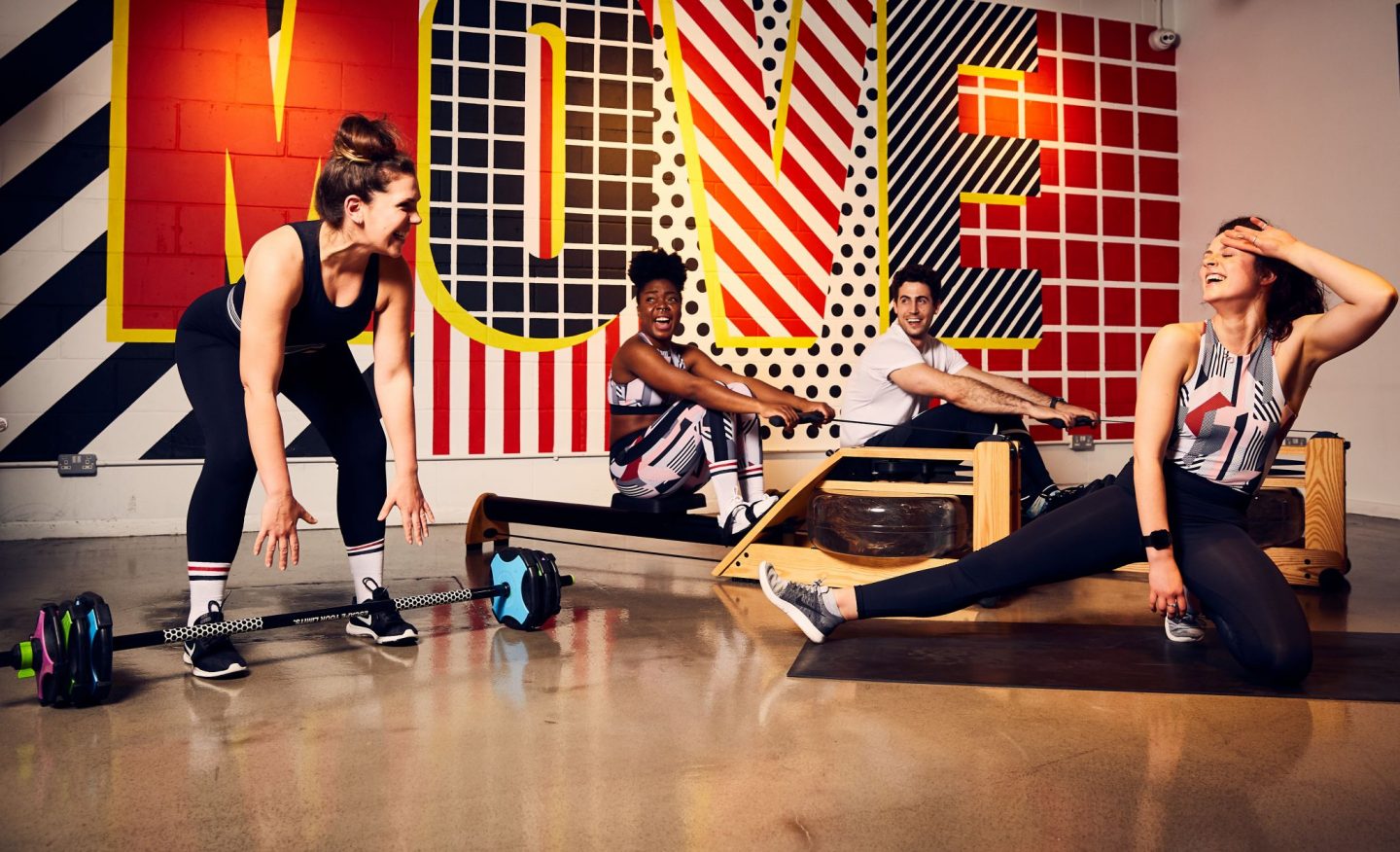
There are some caveats (of course) that should be noted:
- Claiming for uniform: this must be branded with company name and logo in order to be a taxable expense. So sadly, we can’t put our entire collection of new trainers bought under expenses.
- Training costs: you can claim training costs if you are updating already existing skills. You cannot claim for new skills / new qualifications / or new specialisms. So you can’t claim for any initial training to start trading in any business or a new specialisation. You can only claim for CPD; continuous development in the expertise you are qualified in may be allowable
- Travel. Is travel to your workplace an allowable expense? This is normal commuting and is not an allowable expense.
- Working From Home: One question during the webinar was – I work as a therapist in a clinic but I run my business from home: doing admin, writing emails to patients etc. Can I claim my hours working from home for the running of my business even though my actual work is on other premises? The answer is, if you regard this as part of your working day then yes you can claim a percentage of your household costs in relation to the time spent working from home.
I also specifically asked about working in cafes... the amount of times I have to kill a few hours between classes and obviously need to eat but that’s a no.
They said: You cant claim the meals associated with your normal day to day work. If you choose to work in a cafe you cannot claim the expense of this. This is not an allowable expense as we all need to eat and drink. It is not wholly and exclusively for business purposes.
…boo!
Keeping Records of Expenses
In the past, I always used a couple of Excel spreadsheets; and this is more than adequate. One details my month to month money stuff for my personal life. One keeps a record of invoices for the entire year, then at the end of the year I update a cash flow spreadsheet specifically related to income and business expenses.
Income (monies in) and Allowable Business Expenses (monies out) are the two crucial things you need to keep a record of and it’s your choice how you do so. It is a legal requirement to record this information and you must keep it for 6 years.
Receipts: email receipts for memberships etc can be used as long as they provide enough evidence such as costs, reason, supplier etc. You should always keep your receipts as the receipt is proof of purchase. Your bank statement or credit card statements may not give all the required details. Photo’s of your receipts are also sufficient if you can see the required detail clearly.
Tracking Income and Expenses
Since late 2018, I have been using Coconut Accounting; first as a bank account to receive all my freelance payments and now for record keeping. I’ve gone into the virtues of Coconut accounting in another post, but just know that doing my taxes was made a breeze.
They allocate expenses into their respective categories, you can add receipts, you can invoice directly from the app therefore keeping an eye on late payments etc and it calculates your tax as you go along month by month.
They are no longer opening new current accounts but connect any of your current accounts (I use a Monzo Business account now) to Coconut to help you track income, claim expenses and work out how much tax you owe. The sooner you get started and get organised, the less work you have to do for the next self assessment deadline.
Preparing For Your Tax Return
Personally, I’ve set up my business account so that when I get paid, 25% is automatically moved to a savings pot specifically for tax. Yes, 25% might be more than you will pay at the end of the year but I would rather have too much saved and then be able to treat myself to something when I’ve done my taxes!
Other Important Things To Note
The personal allowance for this year (2023 – 24) is £12,570 – this covers all of your taxable income. So anything you earn up to this amount is not taxable. If you earn £12,571 you will pay tax on £1 of your earnings.
For a tonne more information you can read the Business Income Manual from HMRC.
I’m gonna leave it there as tax and expenses for Fitness Professionals are very complicated subjects and I don’t want to confuse anyone. Please bear in mind that I’m not an expert and I’m not offering advice; should you need advice, please contact HMRC directly or employ the services of an Accountant (also an allowable expense lol).
When do you normally complete your self assessment?! …please share this post if you found it useful and make sure to leave me any questions you have below!
Elle
Found this post useful?
That’s great news! You can support me by leaving a comment, sharing with your colleagues, giving me a shout out or buying a me coffee…
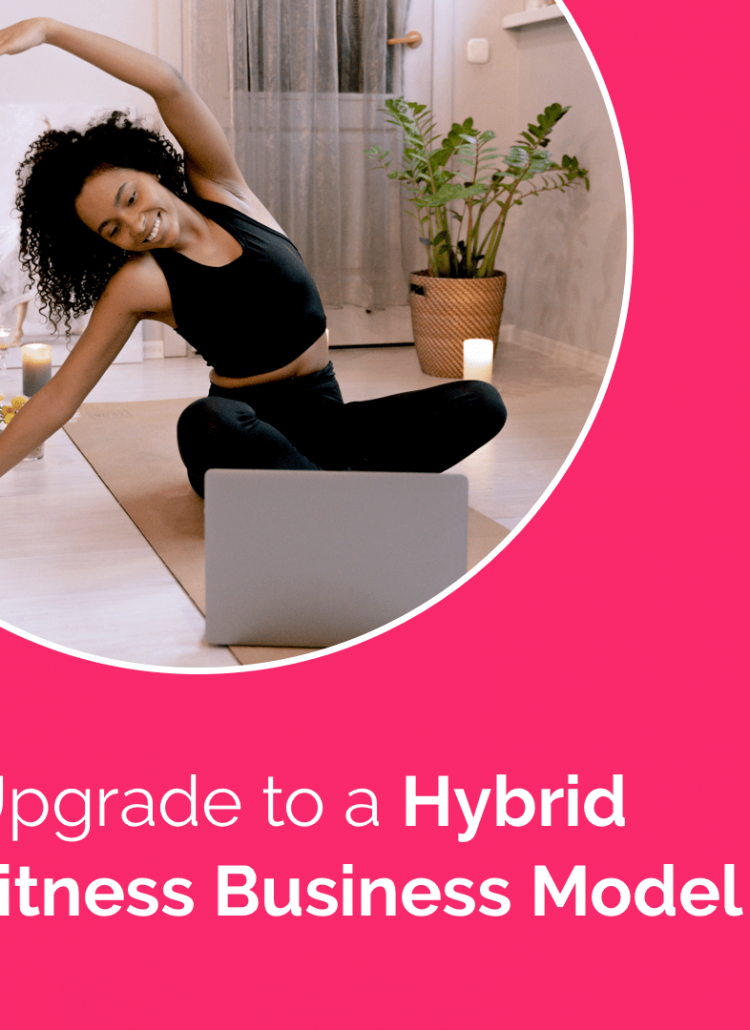
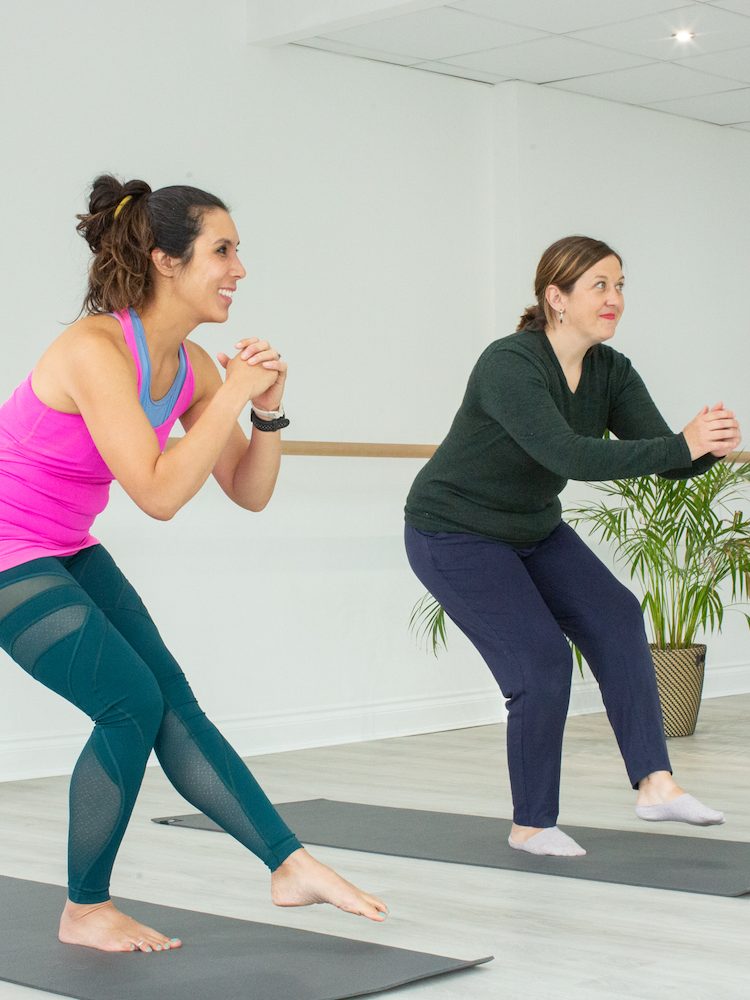


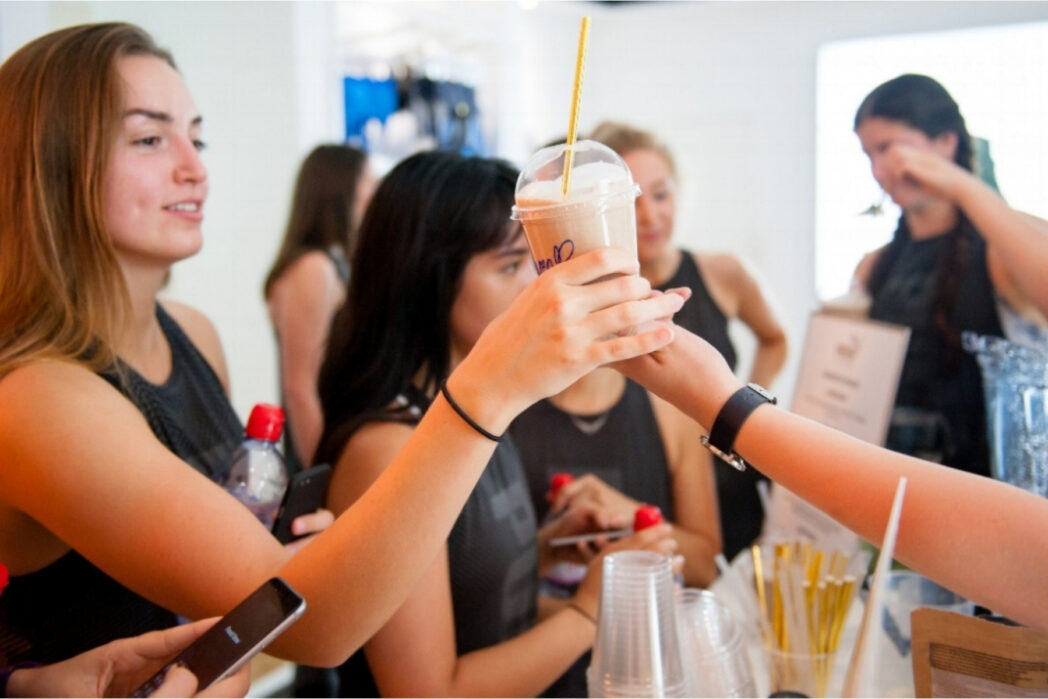

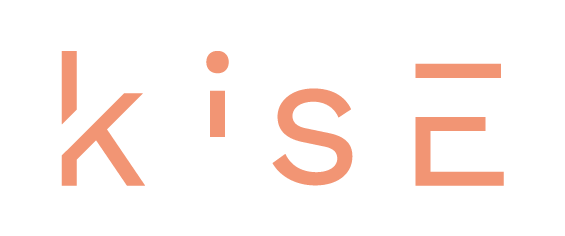
Yes, thanks for this. Do you have a blog on VAT and fitness business?
Hey Matthew, I haven’t covered VAT on the blog for a number of reasons. Firstly, it’s not something I have experience of and secondly, if I wanted advice on VAT for a business, I would definitely speak to an Accountant. Check out TaxScouts?
Thanks for this post! Really helpful information there!
You’re welcome! Thanks so much for stopping by and taking the time to comment Funmi!